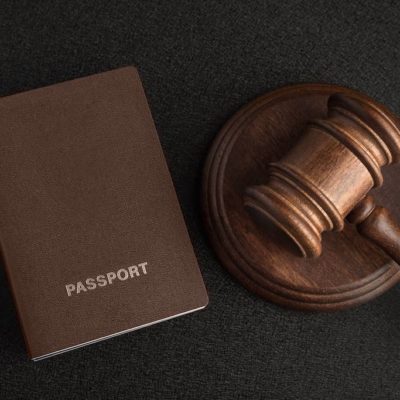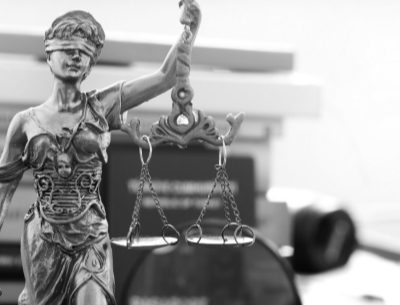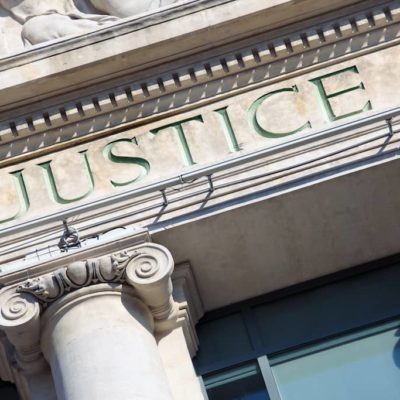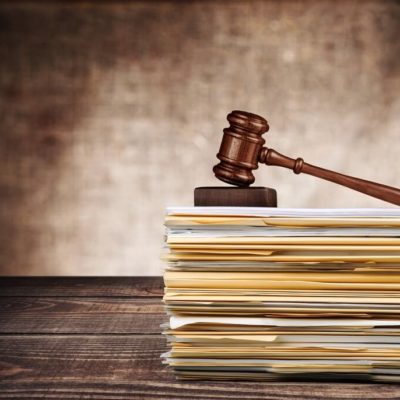Litigation
You can trust Legal Point Lawyers and Attorneys to defend your interests. Below you will find a brief overview of the litigation process; whatever the nature of your matter, bring it to us first to see how we can help you.
Disputes may arise within a broad range of areas of laws, including, but not limited to the following:
1. Contractual disputes including breach of contract, failure to perform or complete a contract or breach of essential conditions and warranties
2. Consumer claims such as unfair contracts, misrepresentation, unconscionable conduct, undue influence and fraud
3. Property co-ownership disputes, boundary and easement disputes and equitable claims such as resulting and constructive trusts
4. Commercial and retail leasing disputes
5. Partnership disputes and dissolution of partnership
6. Intellectual property disputes such as copyright and trademark infringement
7. Debt recovery, insolvency and bankruptcy
8. Property damage claims
9. Personal injury claims
10. Medical negligence claims
11. Motor vehicle accident claims
12. Professional negligence claims
13. Defamation proceedings
14. Disputed estates and contested wills
15. Building and construction disputes
The party aggrieved generally seeks a financial remedy, to be restored to their previous financial position before the contravening event occurred and accordingly seeks either liquated damages (when the amount of proposed financial remedy can be predetermined) or unliquidated damages (when the amount of the proposed financial remedy cannot be predetermined).
Prior to commencing Court proceedings, the aggrieved party should attempt to resolve their issue in dispute with the other party by way of open negotiation through exchanging written correspondence between the two legal representatives. At this early stage, it is also appropriate for the parties to attend formal Mediation, facilitated by an accredited mediator.
Should a resolution not be achieved, the aggrieved party may propose other alternative dispute resolution processes such as Arbitration, however, the other party must provide written consent first, before parties can engage in this process. It is noted that, in matters of an urgent nature and/or in circumstances a time limit for commencing Court proceedings is a short approach, such as an action being barred due to the statute of limitations, such processes may not be appropriate.
After exhausting an alternative dispute resolution process available and appropriate to the dispute, the aggrieved party should only then consider commencing Court proceedings. It is noted, that in some matters, the pre-action procedure is a mandatory requirement prior to commencing Court proceedings.
Court procedure
The aggrieved party (known as the ‘plaintiff’) commences Court proceedings by filing an Originating Process appropriate to the area of law or type of matter, together with an Affidavit in Support. The Originating Process states the Type of Claim (selected from the UCPR Guide List) and the Relief Claimed, being the Court Orders the Plaintiff seeks. Upon filing, the Court’s Registry will make the matter returnable and the parties must attend Court on the first return date, as the Court may make the Orders sought depending on the circumstances. Prior to the first return date, the plaintiff must personally serve the defendant, usually engaging a Professional Process Server and must file an Affidavit of Service.
A defendant wishing to dispute the Relief Claimed must file and serve a Notice of Appearance, Defence and Affidavit in Support prior to the first return date. A defendant wishing to raise a Cross-Claim must also file a Statement of First Cross-Claim.
Generally, the matter will progress with the plaintiff seeking a timetable to progress the matter, such as administrative directions for further listing dates, filing further evidence, Replies to the Defence or Defence to Cross-Claim or directions for other new issues that have arisen and Case Management. The Court may also order that the parties attend Mediation or Conciliation prior to setting the matter for a Hearing.
The parties may settle the matter at any time before a Hearing. Should a settlement be achieved, then it is advisable that the parties enter into Consent Orders at the conclusion of the Mediation and these by swiftly filed at Court for authentication, together with seeking that all Court listings be vacated.
Should a matter proceed to a Hearing, substantial preparation is required and often counsel is instructed to appear. The Court process commences with the plaintiff’s counsel opening address, detailing the issues in dispute, referring to legal principles relied upon and listing the key witnesses who will give oral evidence to the Court. This process is repeated by the defendant’s counsel before the plaintiff’s counsel calls the first witness to be Examined-in-Chief. The defendant’s counsel will usually then Cross-Examine the first witness and in some circumstances, the plaintiff’s counsel will then Re-Examine the first witness. This process is repeated until the list of witness exhausted. After all the evidence has been heard in Court, each of the parties’ counsel will give their closing addresses before the Bench retires to consider the evidence. Judgement may give on the same day but generally may take a few weeks. The parties’ legal representatives are informed by the Judge’s Associate when Judgement has been made. The parties’ legal representatives appear in Court for the final time to formally receive the Judgement. The parties to whom Judgement is made in their favour must then undertake the further steps to ensure Judgement and Court Orders are enforced. This may include seeking the payment of the damages from the other party or seeking Warrants, Garnishee Orders as applicable to the circumstances.




